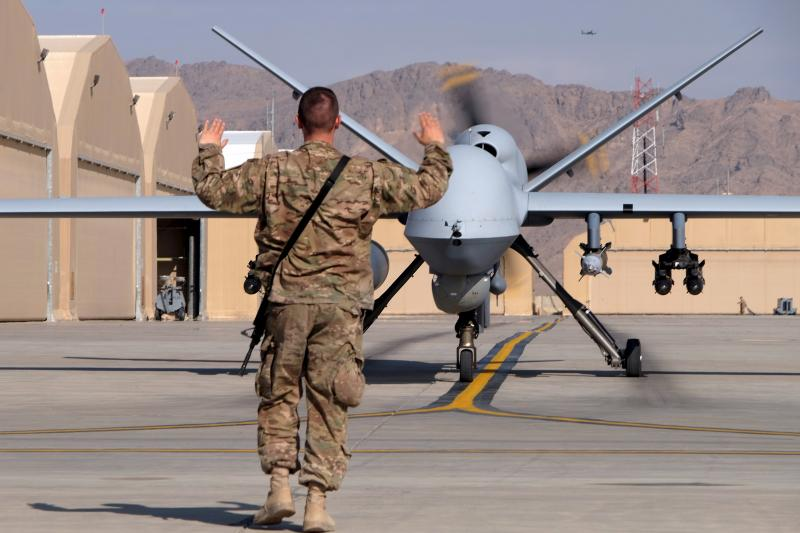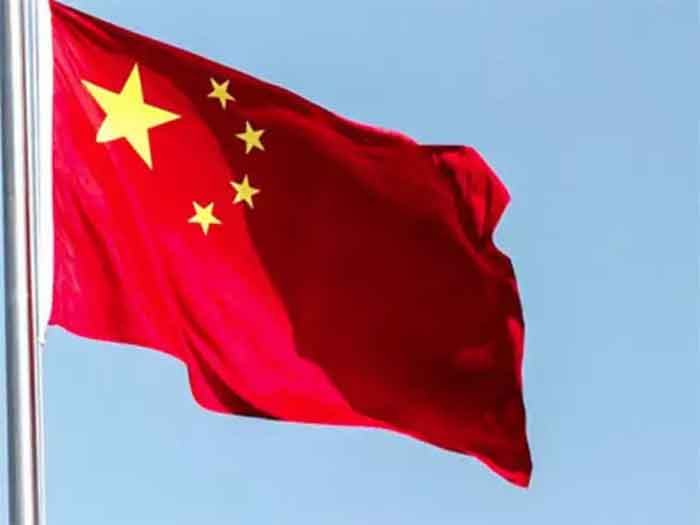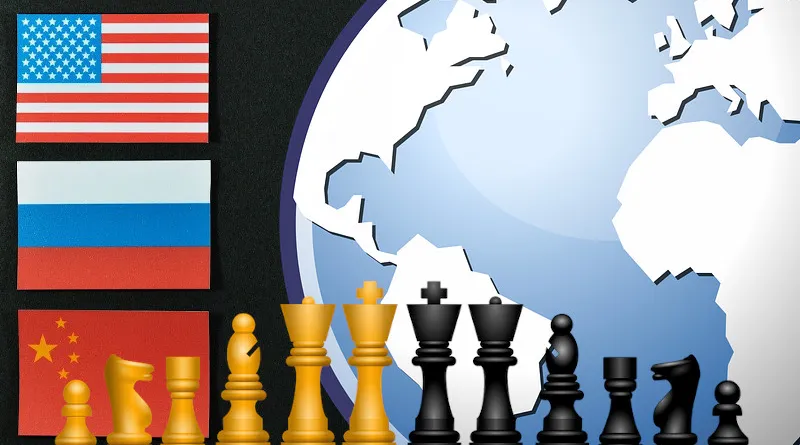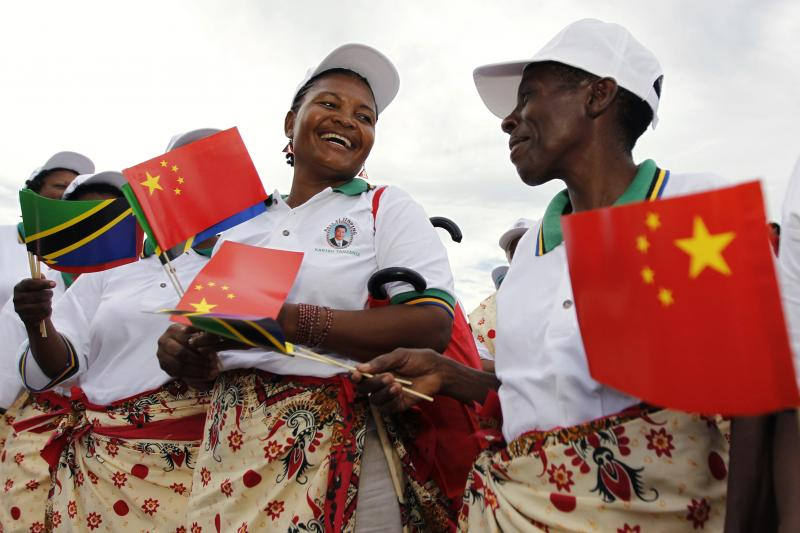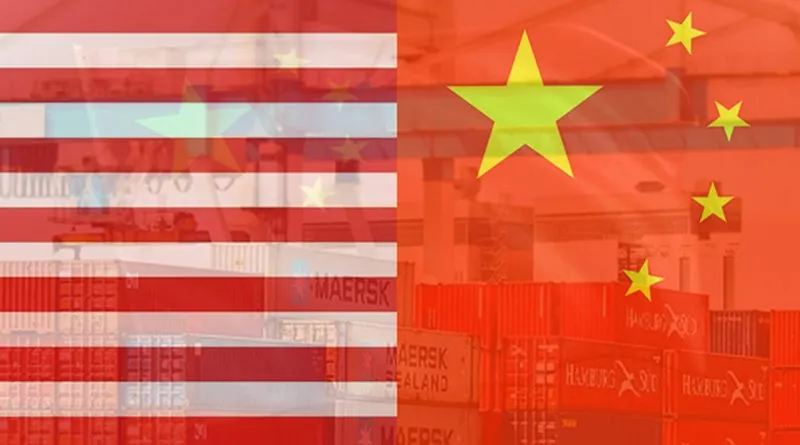China: Buying Up Europe

A staggering 40% out of 650 Chinese investments in Europe in the years 2010-2020, according to Datenna [a Dutch company that monitors Chinese investments in Europe], had “high or moderate involvement by state-owned or state-controlled companies.”
When the Chairman of the UK parliament’s Foreign Affairs Committee, Tom Tugendhat, wrote that Chinese ownership of the British microchip plant, Newport Wafer Fab, “represents a significant economic and national security concern”, UK Business Secretary Kwasi Kwarteng responded that the deal had been “considered thoroughly”. Only after considerable pressure did British Prime Minister Boris Johnson agree to a national security review of the sale.



